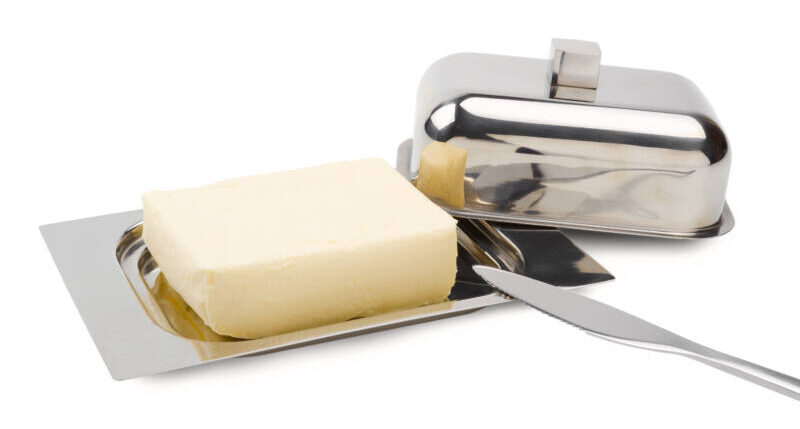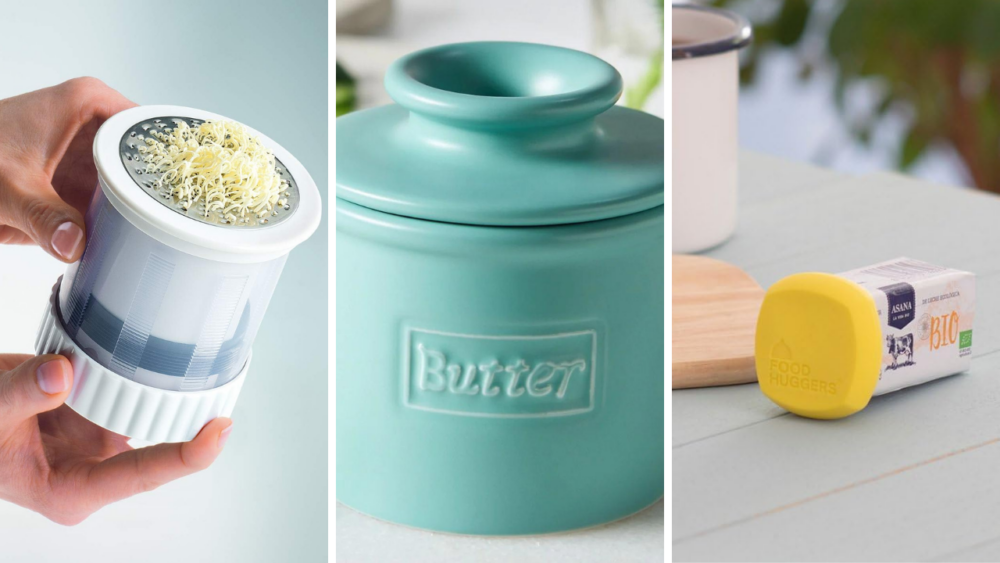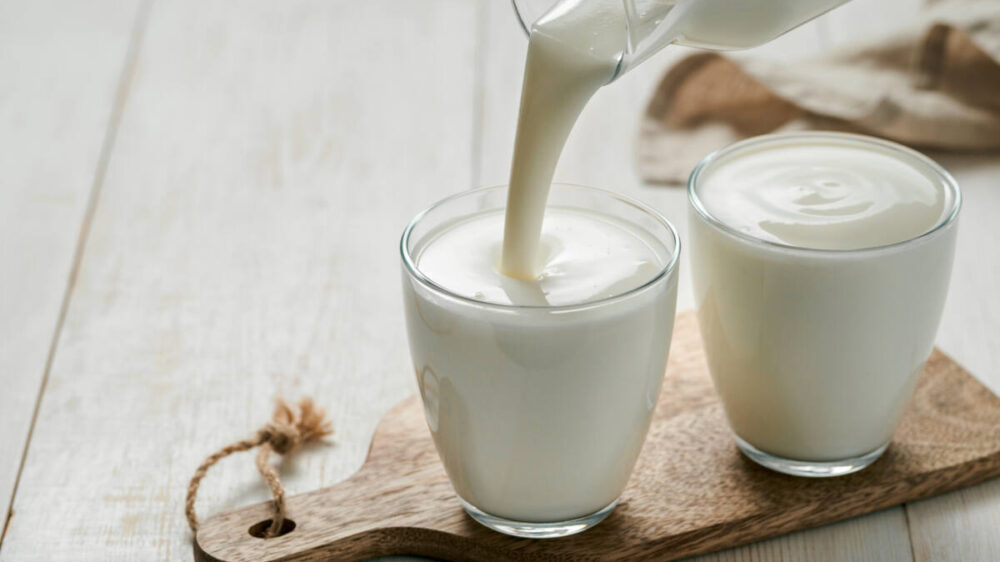Does butter expire? Here’s how to know whether butter has gone bad

Early in my marriage, I was at my in-laws’ house, rifling through the fridge in search of butter.
“It’s in the cabinet,” my mother-in-law said. As in: the non-refrigerated, just regular old room-temperature kitchen cabinet.
Whaaaat?
This was my introduction to the various different views on how to store butter. I was pleasantly surprised to learn that butter doesn’t have to be kept in the fridge. And when I finally found it in the cabinet, it was already at the perfect temperature to join the rest of my cupcake batter. What a cool discovery!
MORE: How to make your own butter at home
I suppose I always put butter in the fridge because I consider it a dairy product. And if you leave milk or cheese on the counter for over four hours, it can grow bacteria.
But butter is different.
“The pasteurization process butter goes through reduces any pathogens initially found in the cream, and the churning process immediately afterward changes butter into a solid state, Janilyn Hutchings, a food scientist at StateFoodSafety and certified professional of food safety, told Insider. “Along the way, the water molecules in butter become separated by fat, which is almost impenetrable to bacteria. This protects butter from microbial growth.”
Plus, butter is about 80% fat, and fats themselves have a relatively long shelf life. After all, we store our shortenings and oils in room-temperature cabinets for months.
But the rules of butter storage are a little more complicated than that.
MORE: The best butter dish
Butter’s Shelf Life Depends on How You’re Storing It
First of all, while fats are relatively long-lasting, they do have an expiration date. Depending on which fats you’re talking about, they can last up to one to two years in a kitchen cabinet.
Butter has a shorter shelf life than fats like shortening and vegetable oil because it “has a lot of milk solids that make it go rancid, or spoil, faster,” Matt Regusci, a food safety expert with ASI Food, told Reader’s Digest.
How quickly that happens depends on a few factors, but mostly it’s about how it’s stored.
When butter is exposed to elements like heat, light and oxygen, its fat begins to break down. This leads to spoilage. But storing it in a cold fridge or icy freezer will put that spoilage off.
In the freezer, well-wrapped butter can last up to a year, after which its flavor and quality will be compromised. It may also develop freezer burn.
In the refrigerator, well-wrapped salted butter can last up to five months without spoiling. Salt is a preservative that prevents microbial growth and extends shelf life. Unsalted butter can last up to three months in the fridge. (If the butter is unwrapped, shorten those projections to about two months in the fridge.)
And in a cabinet or on the counter, you can leave butter out for a few days to a week without it spoiling.
No matter where you store it, use a covered butter dish or wrap the butter tightly in foil or wax paper. This will keep it from picking up errant smells around it.
How do you know when butter has gone bad? There are two ways to test it, according to Venae Watts, a butter maker at Minerva Dairy.
“Looking at the butter, do you see any spots that look like mold or something that does not look like it belongs?” she told Reader’s Digest. “After passing the look [test], try a little bit for the taste test. If it is bad, you will know.”
If you’d rather not taste it, try giving it a whiff. A sour smell can also tip you off that it’s time to buy some new butter!







